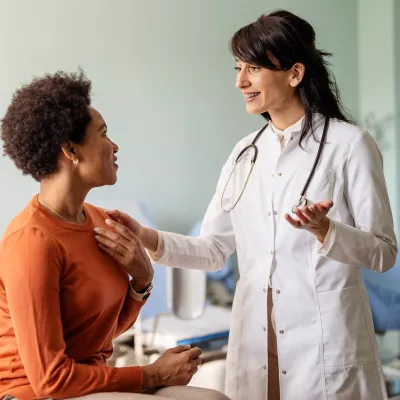
Supporting Your Gastrointestinal Health
Sometimes, it’s life’s simplest moments that bring us joy: savoring a homemade meal, communing with family over holiday dinners or catching up with an old friend at a favorite restaurant.
But, if you experience any form of gastrointestinal discomfort from acid reflux, GERD, liver disease or inflammatory bowel disease (IBD) symptoms, it can be hard to find the peace that comes with these moments. That’s where our gastroenterologists and hepatologists can help.
We’re here to offer the latest innovations in diagnosing, treating and managing many gastrointestinal and liver disorders. You can count on our experts to help you feel better and help you feel whole in body, mind and spirit.
Gastrointestinal Care With Innovation
Advances in medicine have paved the way for new treatments and therapies for gastrointestinal conditions. Our team offers only the highest standard of care to treat gastrointestinal and liver diseases — from diagnosis to treatment and management.
From the moment you call for your first appointment to meeting with your doctor, we’re listening to understand your symptoms and history.
Once we get to know you, we’ll refer you for testing to help pinpoint your condition, including:
- BRAVO pH testing
- Colonoscopy
- Endoscopic ultrasound (EUS)
- Endoscopic retrograde cholangiopancreatography (ERCP)
- Double-balloon enteroscopy
- FLIP topography (EndoFLIP)
- Gastrointestinal motility
- Gastrointestinal screening
- pH impedance test
- Swallow testing
- Volumetric laser endomicroscopy (VLE)
Relief shouldn’t be temporary. We’ll create a roadmap to ease your symptoms and manage your condition — today and in the long term.
We offer a wide range of minimally invasive treatments and therapies, which lead to less pain, shorter recovery and better outcomes, including:
- BOTOX® injection therapy
- Functional luminal imaging probe (FLIP) topography
- Gastric emptying study
- Gastric pacemaker
- Gastric peroral endoscopic myotomy (G-POEM)
- Esophageal peroral endoscopic myotomy (E-POEM)
- Endoscopic mucosal resection (EMR)
- Endoscopic submucosal dissection (ESD)
- Endoscopic full-thickness resection (EFTR)
- OBERA balloon weight-loss therapy
- Esophageal pneumatic balloon dilation
- Per oral endoscopic tunneling for restoration of esophagus (POETRE)
- Pyloric balloon dilation
- Roux-en-Y gastric bypass
- Surgical pyloroplasty
- Zenker’s diverticulectomy
Let’s get started on helping you feel better, together.
We’re here to help you find the right physician or a location that’s convenient for you.
Gastroenterology and Hepatology Care for You
Gastrointestinal and liver disorders can slow down your life, and we believe it is too precious for that.
Our multidisciplinary team is here to help you find healing. We bring together experts from across specialties, including colorectal surgeons, dieticians, gastrointestinal specialists, general surgeons, hepatologists, lifestyle coaches, mental health specialists, social workers and surgical oncologists.
Together, we’ll find the treatment that’s right for you — one that heals your body, eases your mind and lift your spirits.
- Barrett’s Esophagus
-
With Barrett’s esophagus, the lining of the esophagus becomes damaged, usually from repeated exposure to stomach acid. People who have GERD can struggle with Barrett’s esophagus, too, feeling heartburn and chest pain.
If you’re facing this condition, our team is here to help. We offer:
- Endoscopy for screening and surveillance
- Surveillance care
- Medical management
- Radiofrequency ablation (RFA)
- Cryoablation
- Argon plasma coagulation (APC)
- Endoscopic mucosal resection (EMR)
- Endoscopic submucosal dissection (ESD)
From screening to management, you can count on our team to provide you with unparalleled care for Barrett’s esophagus. - Celiac Disease
-
Celiac disease is a serious autoimmune disease that causes gluten to damage your small intestine. Left untreated, it can lead to serious and uncomfortable side effects and symptoms which are often different for children and adults.
We know that healing begins with an accurate diagnosis. We offer the latest advances in testing, diagnosing and managing celiac disease so you can feel healthy, well and strong.
- Crohn’s Disease
-
A type of inflammatory bowel disease (IBD), Crohn’s disease causes inflammation in the digestive tract with painful symptoms like abdominal pain and severe diarrhea.
While Crohn’s disease can’t be cured, our multidisciplinary team can help you manage this condition effectively with treatment options that meet your needs and give you back control of your life.
We’ll perform evaluations to get you an accurate diagnosis and work with you to create a treatment plan that takes care of your symptoms in the long term.
- Diverticulitis and Diverticulosis
-
Diverticular disease happens as the muscles in the walls of your colon become weaker, something that can happen with age. As they weaken, small pouches sometimes form in the lining of the colon, which leads to diverticulosis.
While many people who have diverticulosis don’t always have symptoms, some common diverticulosis symptoms may include:
- Bloating
- Constipation
- Diarrhea
- Mild abdominal cramping
Diverticulitis is often confused with diverticulosis. Diverticulitis is a separate condition that happens when the diverticula in the colon become swollen and inflamed. It can be very painful and sometimes requires hospitalization or colorectal surgery.
Managing Diverticular Disease
Before we treat your condition, we’ll make sure you have an accurate diagnosis. You may need some of the following tests:
- Barium enema
- Blood tests (including liver function tests)
- Computed tomography (CT) scans
- Colonoscopy
Once your care team has a clear understanding of your diagnosis, we’ll work with you and other gastrointestinal specialists to treat you with:- Antibiotics to treat infections
- Anti-inflammatory medicine
- Liquid diet and bed rest
- Lifestyle changes (improved diet and exercise)
- Pain medicine
- Surgery
If your provider recommends surgery, we’ll discuss all your options. That may include minimally invasive or robotic procedures. - Esophageal Dysfunction and Swallowing Disorders
-
Our Center for Esophageal and Swallowing Disorders (CESD) is a dedicated center with specialized clinics for Barrett's esophagus and eosinophilic esophagitis (EoE). Our CESD physicians are experts at diagnosing and treating these esophageal dysfunction and swallowing disorders.
Using state-of-the-art diagnostic tools, we'll work to create an individualized treatment plan to meet your unique needs. At each step of your care, we strive to deliver exceptional treatments that help you feel your best in body, mind and spirit
- Gastroesophageal Reflux Disease (GERD)
-
Acid reflux is a common condition for many adults. It can present as GERD or laryngopharyngeal reflux (LPR).
Fortunately, it can often be managed with lifestyle changes that include:
- Avoiding smoking
- Avoiding “trigger” foods
- Healthy eating habits
- Healthy weight management
- Sitting up for a few hours after eating
But, if you can’t find relief at home, we’re here to help. We offer comprehensive diagnostic tools to understand what’s causing your symptoms and ensure there’s no other damage to your esophagus and stomach. Your doctor may recommend any of the following tests:
- Barium swallow radiograph
- BRAVO pH study
- Upper endoscopy
- Upper gastrointestinal study
- pH Impedance study
- Esophageal manometry
Then, we’ll develop a plan that’s right for you — one that relieves your symptoms and helps you enjoy the simple pleasure of mealtime.We also treat other, related conditions including, functional esophageal disorders.
- Gastrointestinal Bleeding
-
It can be alarming to find blood in your stool or vomit. But rest assured, our team is here to help you find the cause and treat it effectively. One cause may be bleeding in the gastrointestinal (GI) tract.
Symptoms of GI bleeding can include:
- Black, tarry stool
- Bloody stool
- Bloody vomit
However, symptoms don’t always include bleeding. Signs that indicate GI bleeding may also be:- Abdominal pain
- Chest pain
- Difficulty breathing
- Fainting
- Lightheadedness
Causes of gastrointestinal bleeding can vary as much as symptoms. They may include:- Anal fissures
- Colon polyps
- Diverticular disease
- Esophageal lining tears
- Esophageal varices (enlarged veins in the esophagus)
- Esophagitis
- Hemorrhoids
- Inflammatory bowel disease
- Peptic ulcer
- Colitis
- Tumors
Our team will help you get to the bottom of any GI bleeding issues and develop a personalized treatment plan that will work for your needs and goals. - Inflammatory Bowel Disease (IBD)
-
Like IBS, inflammatory bowel disease isn’t just one condition, but is an umbrella term for several conditions affecting the digestive tract. It refers to ongoing inflammation of all or part of the digestive tract, and includes conditions like:
- Crohn’s disease
- Microcytic or lymphocytic colitis
- Ulcerative colitis
Whether you’re facing IBS or IBD symptoms, we’ll help you understand your symptoms, their causes and get you an accurate diagnosis. Our Inflammatory Bowel Disease Center has trusted experts who will be with you at every step. We’ll help you start feeling better faster so that you can focus on the life you love. - Irritable Bowel Syndrome (IBS)
-
Irritable bowel syndrome (IBS) affects the colon (or large intestine). It is not one disease, but a syndrome that describes several different issues and symptoms.
Common IBS symptoms include:
- Abdominal pain
- Alternating bouts of constipation and diarrhea
- Bloating
- Changes to bowel movement frequency
- Changes to stool appearance
- Constipation
- Cramping
- Diarrhea
- Gas
- Mucus (white or clear) in stool
- Urgent or incomplete bowel movements
A new term being used for IBS is functional bowel disorders, which can encompass:
- Functional anorectal disorders
- Functional esophageal disorders
- Functional gastric disorders
- Small intestinal bacterial overgrowth (SIBO)
Because there is no clear underlying medical condition for IBS, it can be frustrating to manage the uncomfortable and, sometimes, painful condition. We’ll work with you to find what’s causing your symptoms, and come up with an effective plan to monitor, manage and minimize your IBS. - Liver Disease
-
Your liver is thought to have as many as 500 functions in the body and is especially important for digestion. You can imagine, then, that when your liver isn’t working properly, it can affect your whole health.
Our gastroenterologists and hepatologists have specialized training in diagnosing, treating and managing many liver diseases, including:
- Autoimmune hepatitis
- Fatty liver disease
- Hepatitis B
- Hepatitis C
- Chronic liver disease
- Cirrhosis of the liver
- Primary biliary cholangitis (PBC)
- Primary sclerosing cholangitis (PSC)
We’ll work closely with you to ensure you get an accurate diagnosis with the latest advances in imaging and screening. Then, we’ll develop a treatment plan that addresses your unique condition, symptoms and health goals.
We offer many different approaches to liver disease treatment, including:
- Medication
- Outpatient procedures
- Surgery
Together, we’ll find the path forward that’s right for you.
- Pancreatic Disease
-
Your pancreas is a small gland behind the stomach that has digestive and hormonal purposes. When you’re battling a condition or disease that affects the pancreas, it can interfere with many parts of your daily life.
Our gastroenterologists and surgeons have experience treating many benign (non-cancerous) and cancerous pancreatic conditions, including:
- Pancreatic cancer
- Chronic pancreatitis
- Exocrine pancreatitis insufficiency
- Malabsorption
- Vitamin insufficiency
- Pancreatic cysts
- Pseudocysts
Understanding Pancreatitis
Pancreatitis, which happens when the pancreas becomes inflamed, can become a very serious condition. We offer treatment and management for pancreatitis, including:
- Interventional endoscopy
- Cholecystectomy (gall bladder removal)
- Pancreatectomy (removal of all or part of the pancreas)
- Removal of blockage in pancreatic or bile duct
- Pancreatic surgery
Whatever your condition, we’re here to help restore your whole health.
- Pelvic Floor Disorders
-
Pelvic floor disorders affect both men and women, but more women experience them over time as they age and from childbirth.
While there are others, some types of pelvic floor disorders and conditions include:
- Fecal incontinence
- Pelvic floor dyssynergia
- Pelvic organ prolapse
- Urinary incontinence
- Constipation
Our compassionate team can help you heal from pelvic floor disorders with leading-edge treatments like:- Anorectal high-resolution manometry
- Biofeedback therapy
- Pelvic MRI
- Sitz marker study
We’ll be here to answer your questions, guide your treatment and lift your spirits as you face and heal from pelvic floor disorders. - Ulcers and Ulcer Disease
-
A gastrointestinal ulcer happens when painful sores or lesions form on the lining of the stomach or part of the small intestine. There are many different causes of ulcers, including:
- An overproduction of stomach acid
- Consuming too much caffeine or alcohol
- Excessive use of painkillers (aspirin or ibuprofen)
- Helicobacter pylori bacterial infection
- Smoking
- Stress
Before treating your ulcer, your gastroenterologist will confirm your ulcer diagnosis with one of the following tests:- Barium swallow
- Upper endoscopy
- Urea breath test (UBT)
Depending on the location and cause of your ulcer, your doctor may recommend one (or more) of these treatments:- Anti-acid medicines
- Dietary changes
- Endoscopy
- Laparoscopic surgery
- Lifestyle changes (more exercise, better eating habits)
Our team is here to help you find relief from your ulcer pain.

Feel Prepared, Informed and Supported
As the gold standard for colon cancer screening, a colonoscopy plays a vital role in early detection and prevention, offering peace of mind for a healthier future. Whether you're preparing for your first screening or just want to learn more, we provide helpful resources to guide you through what to expect and how to prepare.
Central Florida's Trusted Gastrointestinal Expertise
When it comes to gastrointestinal health, no two conditions are alike. Individuals, even those diagnosed with the same condition, can experience different symptoms and benefit from different therapy. We work with many different patients, and we share our experience to deliver the care you deserve.

Center for Esophageal Swallowing Disorders (CESD)
A swallowing disorder or esophageal disease can significantly impact your quality of life. We’re here to help get you back on track.

Center for Interventional Endoscopy
Therapeutic endoscopy is a minimally invasive, proven way to diagnose and treat many digestive health issues. Our Center for Interventional Endoscopy (CIE) provides advanced care.

Colorectal Care
Our colorectal providers have specialized training in conditions and cancers that affect the colon and rectum. From pioneering minimally invasive surgery to offering proven therapies, we’re here for you.

Fatty Liver Disease Care
Fatty liver disease is a common disease when caught early and treated appropriately, you can manage the condition and enjoy all life has to offer.

Inflammatory Bowel Disease Center
Inflammatory bowel disease (IBD) affects an estimated 3 million people in the U.S. Our IBD Center offers specialized care dedicated to helping you find relief and manage your condition.

Cancer Care Tailored to You
We understand a cancer diagnosis is tough to face. We’ll be by your side every step of the way, with unparalleled expertise and uncommon compassion.
To give you the most comprehensive care, our Institute collaborates with the AdventHealth Cancer Institute to effectively treat many cancers and diagnoses.
Meet Your Gastroenterology Team
-
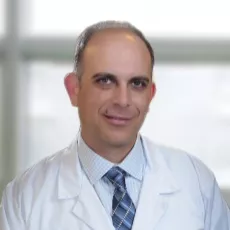
Ilan Aharoni, MD
Gastroenterology
-
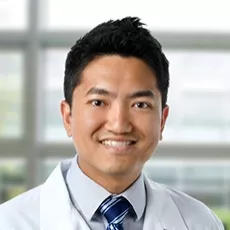
Markus Agito, MD
Gastroenterology
-
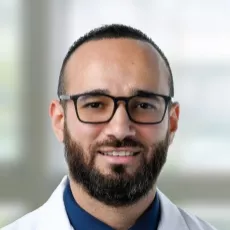
Firas Al-Ani, MD
Gastroenterology
-
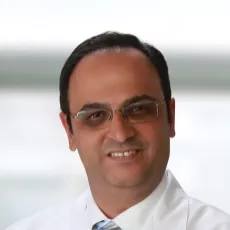
Ahmad Alawad, MD
Gastroenterology
-
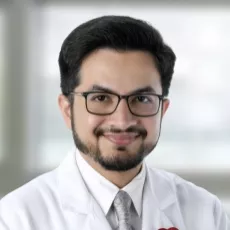
Saeed Ali, MD
Gastroenterology
-
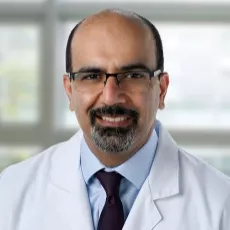
Mustafa Arain, MD
Gastroenterology
-
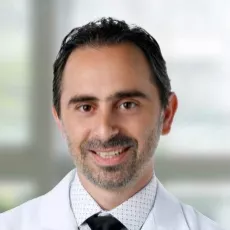
Mohammad Maysara Asfari, MD
Gastroenterology, Hepatology
-
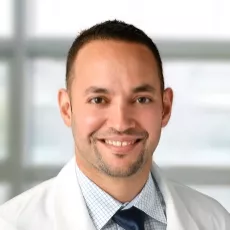
Raul Jose Badillo, MD
Gastroenterology
-
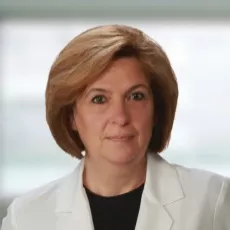
Beatrice Bratu, MD
Gastroenterology
-
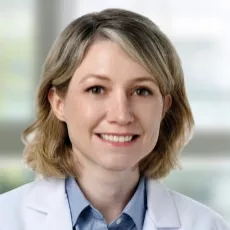
Natalie Cosgrove, MD
Gastroenterology
-
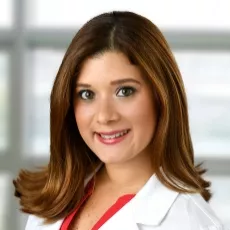
Nicole Gomez Dorati, MD
Gastroenterology
-
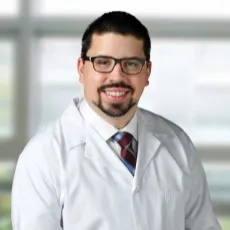
Andrew Elden, MD
Gastroenterology
-
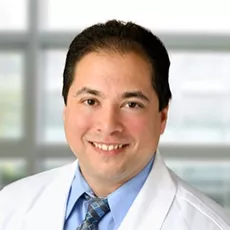
David Frederic Elijah, MD
Gastroenterology
-
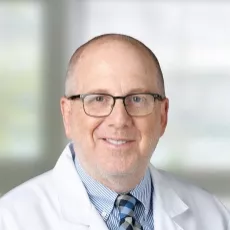
Jeffrey Fein, MD
Gastroenterology
-
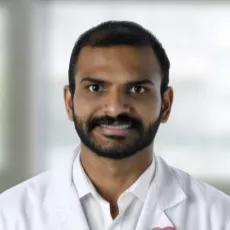
John George, MD
Gastroenterology
-
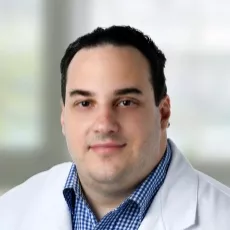
Dimitrios Georgostathis, MD
Gastroenterology
-
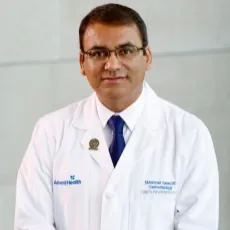
Muhammad Khalid Hasan, MD
Gastroenterology
-
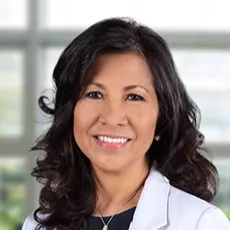
Caroline Honculada, MD
Gastroenterology
-
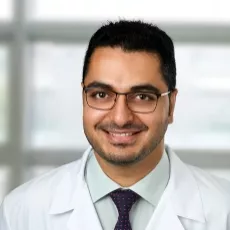
Abu Hurairah, MD
Gastroenterology
-
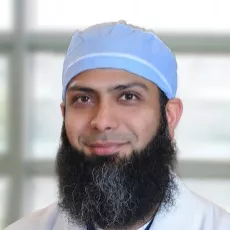
Irteza Inayat, MD
Medical Director
Gastroenterology
-
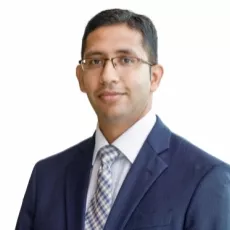
Deepanshu Jain, MD
Gastroenterology
-
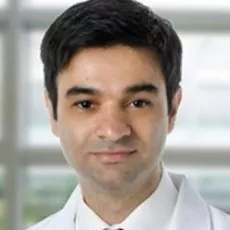
Kambiz S Kadkhodayan, MD
Gastroenterology, Bariatric Surgery
-
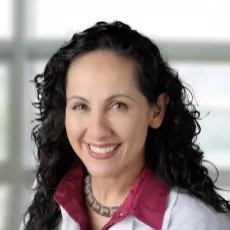
Maryam Kashi, DO
Gastroenterology
-
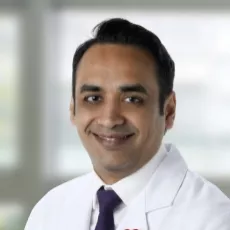
Ahmad Khan, MD
Gastroenterology
-
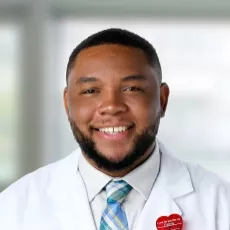
Emmanuel McDonald, DO
Gastroenterology
-

Joseph McKinley, MD
Gastroenterology
-
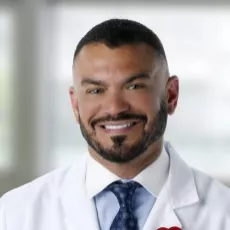
Luis E Mejia, MD
Gastroenterology
-
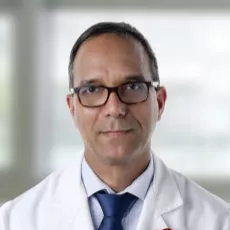
Tomas Rodriguez-Molinet, MD
Gastroenterology
-
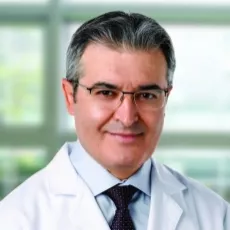
Hernan Lopez Morra, MD
Gastroenterology
-
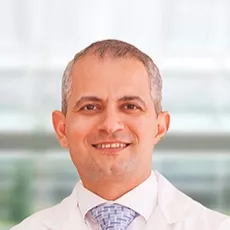
Issam Nasr, MD
Gastroenterology
-
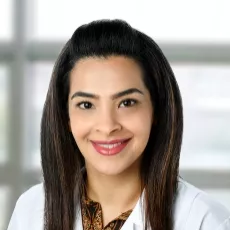
Mariam Naveed, MD
Gastroenterology
-
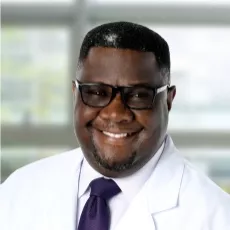
Ebube M Nwaigwe, MD
Gastroenterology
-
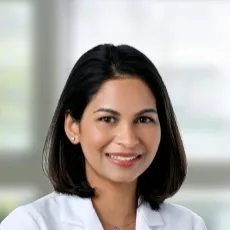
Neethi Paranji, MD
Gastroenterology
-
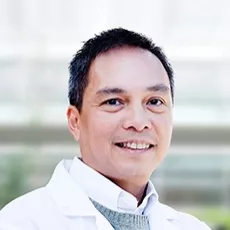
Martin Prado, MD
Gastroenterology
-
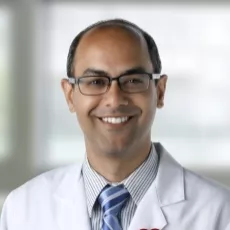
Jonathan Ragheb, MD
Gastroenterology
-

Rubayat Rahman, MD
Gastroenterology
-
MR
Mark Riner, MD
Gastroenterology
-
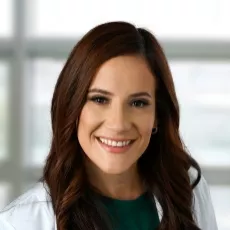
Mari Rivera, MD
Gastroenterology
-
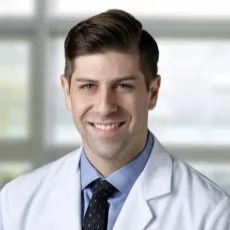
Marc Sheinman, DO
Gastroenterology
-
MS
Muhammed Sherid, MD
Gastroenterology
-
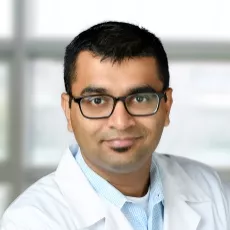
Vishwas Vanar, MD
Gastroenterology
-
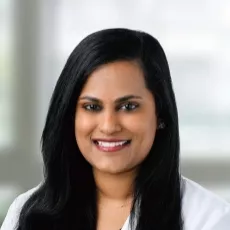
Meghana Vellanki, MD
Gastroenterology
-
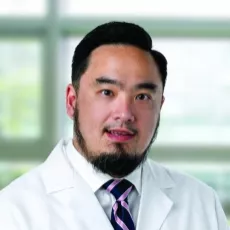
Dennis Yang, MD
Gastroenterology
-
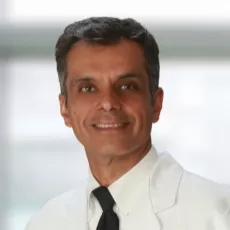
Hassan Zulfiqar, MD
Gastroenterology
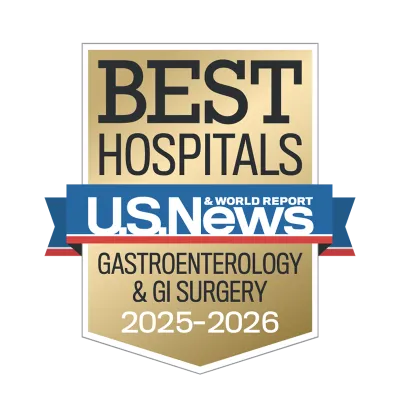
Only National Leader in Greater Orlando
AdventHealth Orlando is recognized as the best hospital in Greater Orlando for gastroenterology and GI surgery by U.S. News & World Report.
Find News and More Information
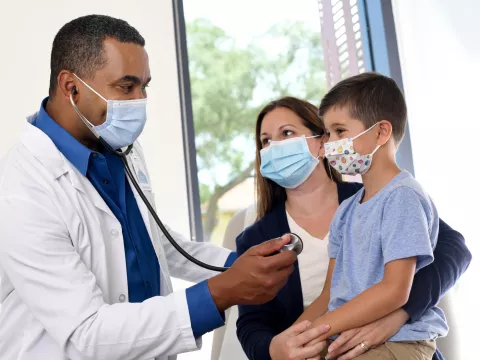
Proper Testing Critical to Diagnosing and Treating Celiac Disease
Estimated to affect about one percent of the population, celiac disease is an autoimmune condition where the ingestion of gluten — proteins found in wheat, rye, and barley — triggers an immune repose...
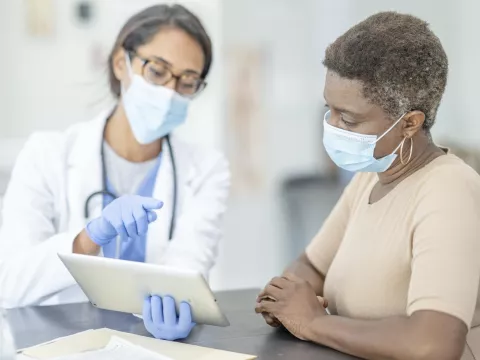
AdventHealth Specializes in Comprehensive Care for Complex Crohn’s Patients
Approximately 1.6 million Americans suffer from inflammatory bowel diseases (IBD), including Crohn’s disease and ulcerative colitis, and the number of cases has been increasing over the past decade...
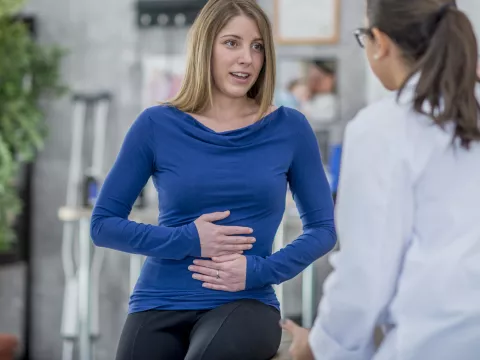
AdventHealth Digestive Health Institute Takes Comprehensive, Holistic Approach to Treating Women with IBS
A chronic disorder of bowel function and sensation, irritable bowel syndrome (IBS) causes patients to experience bowel changes such as constipation, diarrhea, abdominal pain, bloating and rectal...
Gastrointestinal Care With Innovation
Advances in medicine have paved the way for new treatments and therapies for gastrointestinal conditions. Our team offers only the highest standard of care to treat gastrointestinal and liver diseases — from diagnosis to treatment and management.
From the moment you call for your first appointment to meeting with your doctor, we’re listening to understand your symptoms and history.
Once we get to know you, we’ll refer you for testing to help pinpoint your condition, including:
- BRAVO pH testing
- Colonoscopy
- Endoscopic ultrasound (EUS)
- Endoscopic retrograde cholangiopancreatography (ERCP)
- Double-balloon enteroscopy
- FLIP topography (EndoFLIP)
- Gastrointestinal motility
- Gastrointestinal screening
- pH impedance test
- Swallow testing
Volumetric laser endomicroscopy (VLE)
Relief shouldn’t be temporary. We’ll create a roadmap to ease your symptoms and manage your condition — today and in the long term.
We offer a wide range of minimally invasive treatments and therapies, which lead to less pain, shorter recovery and better outcomes, including:
- BOTOX® injection therapy
- Functional luminal imaging probe (FLIP) topography
- Gastric emptying study
- Gastric pacemaker
- Gastric peroral endoscopic myotomy (G-POEM)
- Esophageal peroral endoscopic myotomy (E-POEM)
- Endoscopic mucosal resection (EMR)
- Endoscopic submucosal dissection (ESD)
- Endoscopic full-thickness resection (EFTR)
- OBERA balloon weight-loss therapy
- Esophageal pneumatic balloon dilation
- Per oral endoscopic tunneling for restoration of esophagus (POETRE)
- Pyloric balloon dilation
- Roux-en-Y gastric bypass
- Surgical pyloroplasty
- Zenker’s diverticulectomy
Let’s get started on helping you feel better, together.

